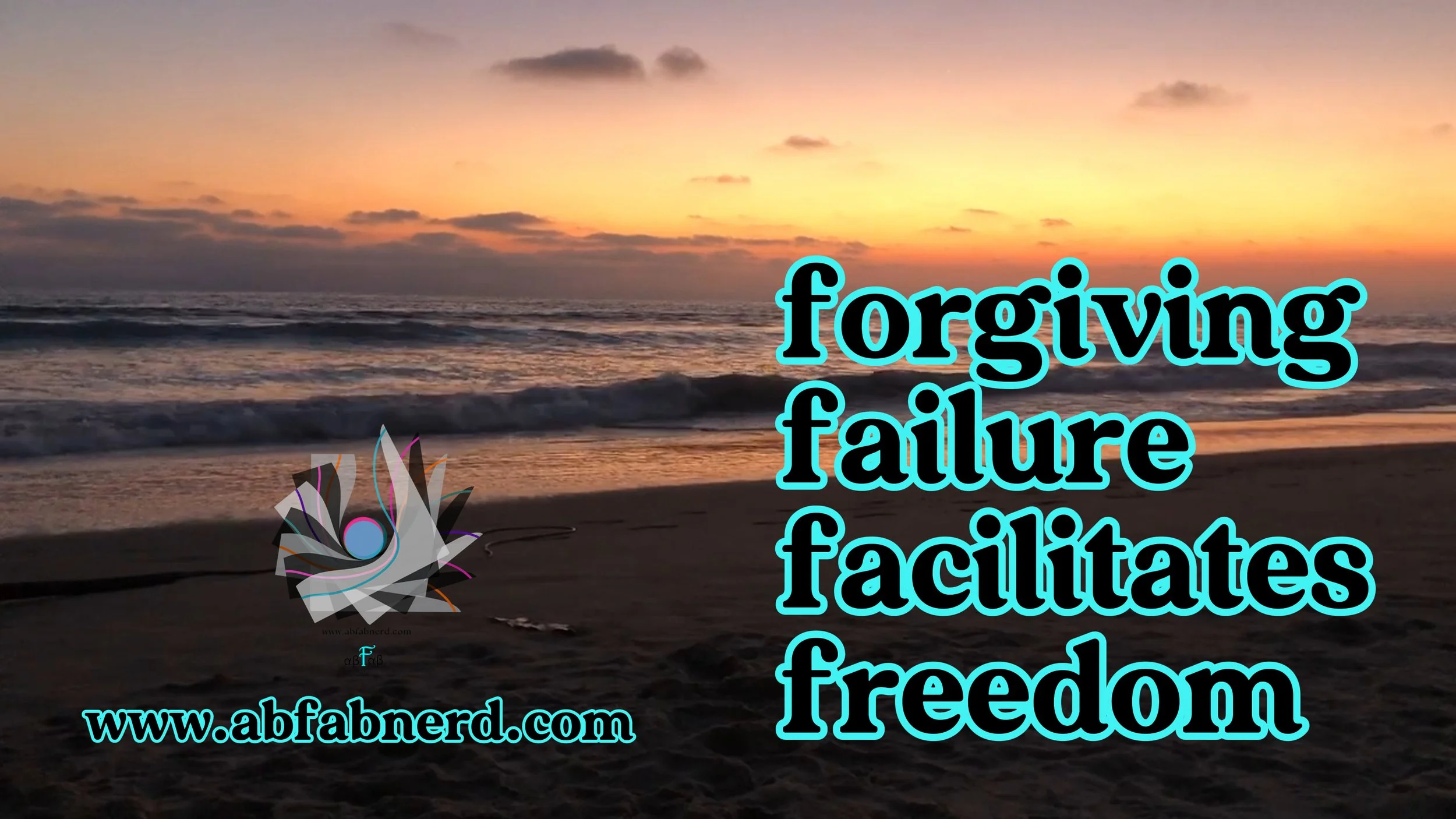
Addiction Rock Bottoms
Addiction Rock Bottoms
People talk about rock bottom like it’s the moment everything changes…that one crushing event that finally forces you to get clean, face yourself, and rebuild.
But addiction doesn’t care about your rock bottom.
I learned that the hard way. I hit plenty of “bottoms”, shameful nights, waking up in strange places, hurting people I loved and none of them made me stop drinking. Each one just added more guilt, more self-hatred, more reasons to pour another drink.
The truth is, rock bottoms don’t save you. They bury you deeper.
Addiction feeds on shame. The lower you sink, the stronger its grip becomes.
I didn’t stop drinking because of some catastrophic event. I stopped because I was tired, tired of feeling awful in every possible way. What finally broke the cycle wasn’t tragedy; it was something embarrassingly simple: vanity. I was tired of feeling unhealthy, tired of the weight I carried, inside and out.
That decision to do Dry January cracked something open.
It wasn’t about willpower or punishment. It was about wanting peace more than I wanted oblivion.
Peace became my turning point.
Once I realized I preferred remembering my nights to regretting them, everything shifted. I stopped romanticizing the chaos and started falling in love with calm.
Addiction didn’t care about my rock bottoms. But I did.
And choosing peace, choosing myself is what finally brought me home.
I wish for you healing and personal growth.
Please prioritize self-care and mindfulness.
All my love,
AbFabNerd

Addiction Recovery
Addiction recovery isn’t a straight line—it’s a series of awakenings.
For me, it began in a courtroom. Court-mandated classes. AA meetings. The boxes I had to check to prove that I was trying. I understand that AA saves lives and helps countless people find community and accountability. But it didn’t work for me.
I remember sitting in those meetings, still drinking every day, still numbing. I wasn’t ready to stop. The idea of a life without alcohol felt impossible. Who would I be at the pool? At a party? On a dance floor? Sobriety sounded like boredom—like losing my identity.
But the truth was, alcohol had already stolen my peace.
My turning point came through Dry January—a “temporary challenge” that turned into transformation. I didn’t quit drinking forever; I simply decided not to drink today. That mindset shift changed everything. My body adjusted first, then my mind, then my spirit. I realized I didn’t need alcohol to be fun, interesting, or alive.
Now, years later, I don’t drink because it doesn’t align with my top value: peace.
Recovery for me wasn’t about replacing one addiction with another—it was about reclaiming my power to choose.
If AA, therapy, community, or mindfulness helps you, embrace it. Recovery looks different for everyone. But I hope you find what I found: the strength to choose peace over punishment, and presence over numbness.
May we learn and grow.
Please prioritize self-care and mindfulness.
All my love,
AbFabNerd

Forgiving Failure Facilitates Freedom
Forgiving Failure Facilitates Freedom
Forgiveness sounds noble and wise—until you’re the one holding the hurt. Everyone says forgiveness is for you, not the other person. I know that’s true. And yet, when you’ve been betrayed, abused, or abandoned, forgiving can feel like letting someone off the hook. Like their pain-free life is a reward for what they did to you.
I’ve lived that tug-of-war. I’ve clung to anger like armor, believing my resentment was the only way to make someone pay. But the truth? Forgiveness isn’t about freeing them—it’s about freeing you.
The harder part, though, isn’t forgiving others. It’s forgiving yourself.
Maybe it’s the shame of a relapse. Maybe it’s the night you said things you can’t unsay. Maybe it’s a choice so heavy you can’t even name it out loud. We punish ourselves with guilt, replaying mistakes like a broken record, convinced we deserve a life sentence of pain.
But here’s the reality:
You can’t undo the past.
You can’t rewrite the damage.
You can choose a different future.
Forgiving failure—especially your own—isn’t about erasing consequences. It’s about refusing to stay imprisoned by them. Self-forgiveness is the doorway to healing, to growth, to the freedom to try again.
“Forgiving Failure Facilitates Freedom” isn’t just a mantra. It’s a lifeline. When you forgive yourself, you loosen the chains of shame and step into the possibility of becoming someone new. That’s where freedom lives.
I wish for you healing and personal growth.
Please prioritize self-care and mindfulness.
All my love,
AbFabNerd
